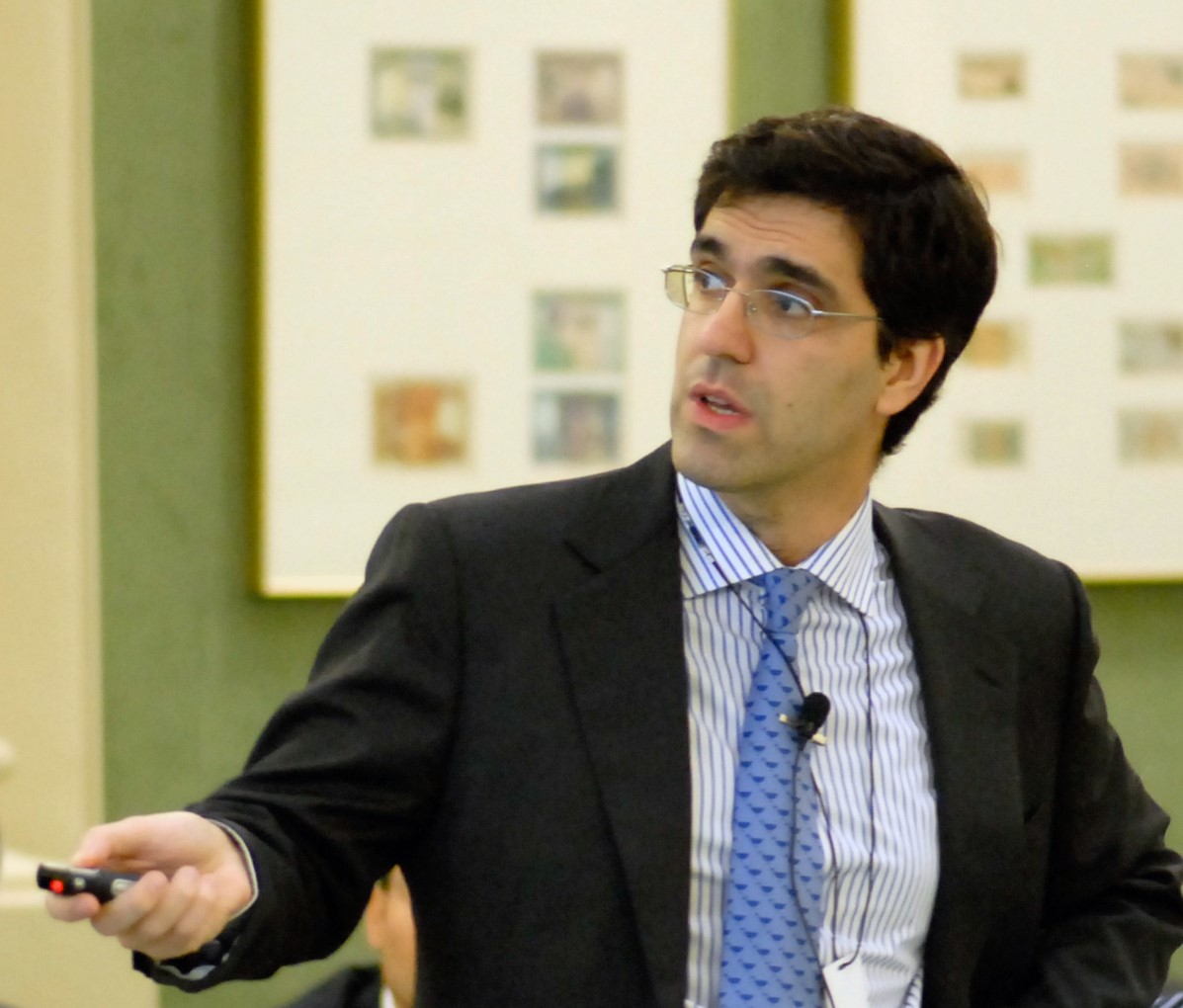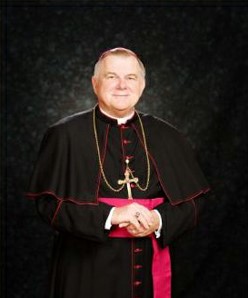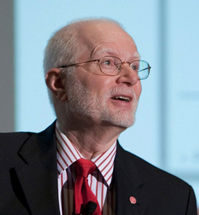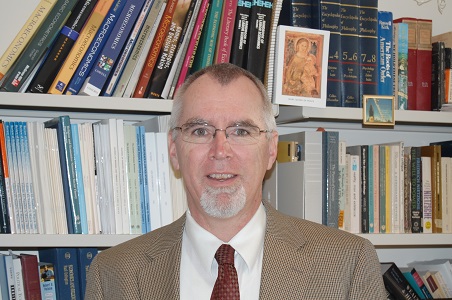Fairness in the 21st Century
After the score of reviews already written about Thomas Piketty’s Capital in the Twenty-First Century over the last few months, it is futile to rehearse the same arguments about the economics of the book yet one more time. Suffice it to refer the reader to the reviews of Debraj Ray, Larry Summers, or Per Krusell and Tony Smith. However, the readers of this newsletter may find of some interest to reflect not on the book itself, but on the reasons of its success and why those reasons point out to the challenges that Catholic economists need to address to help building a fair society in the twenty-first century. …
Details






